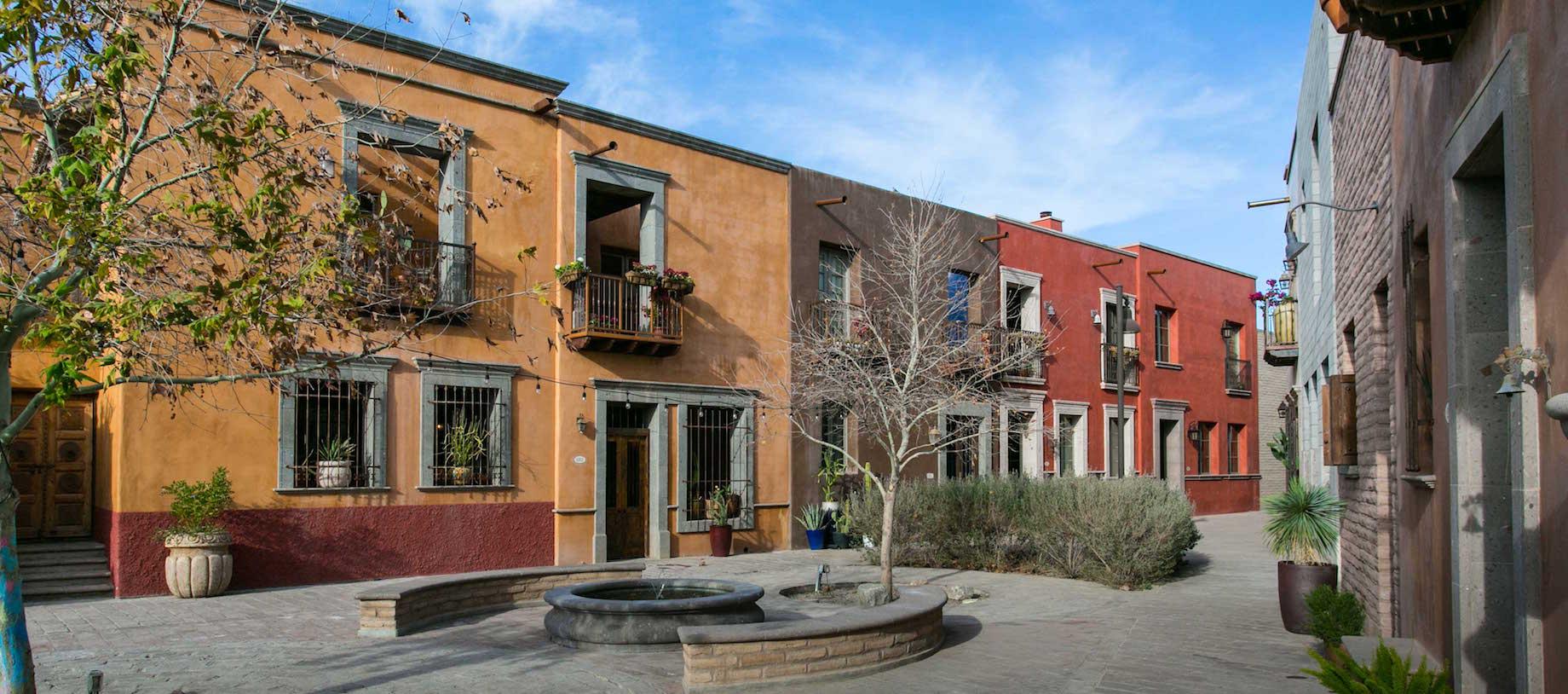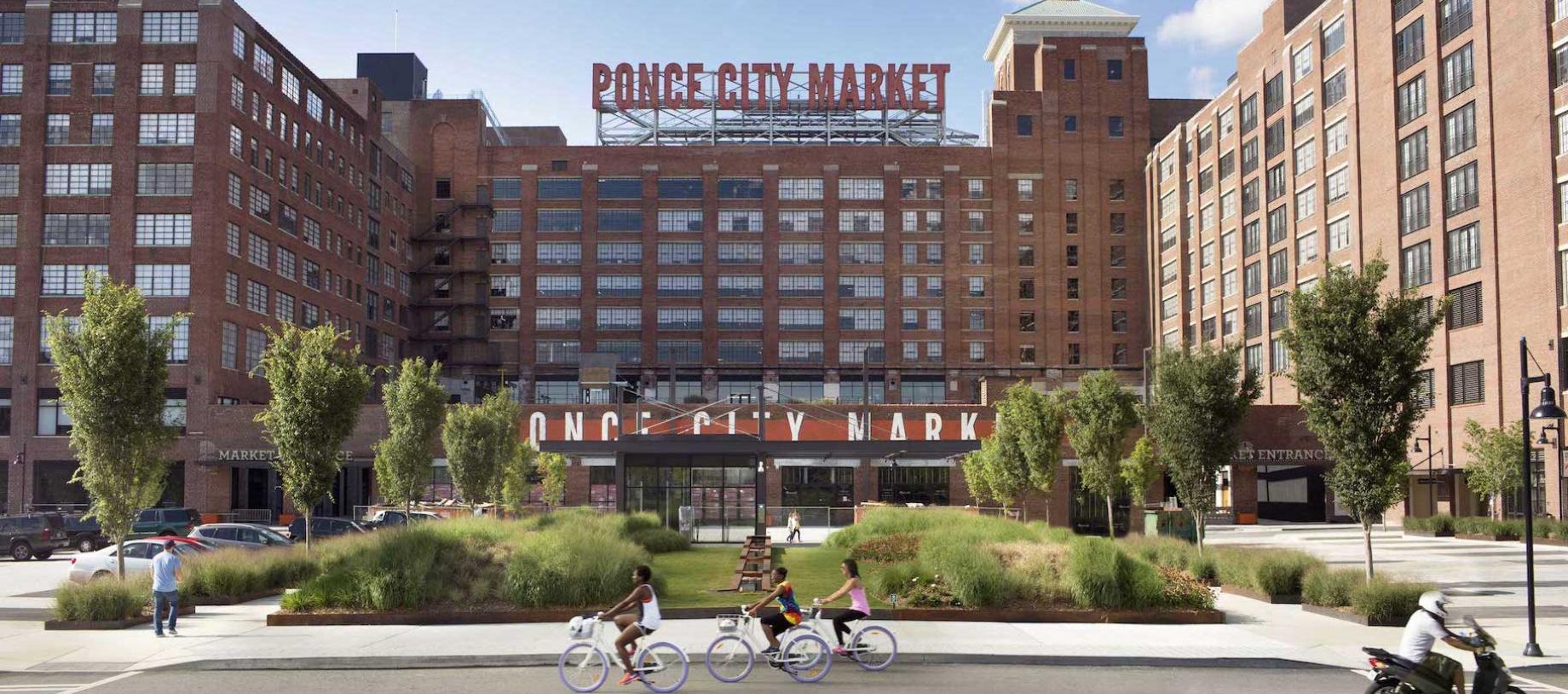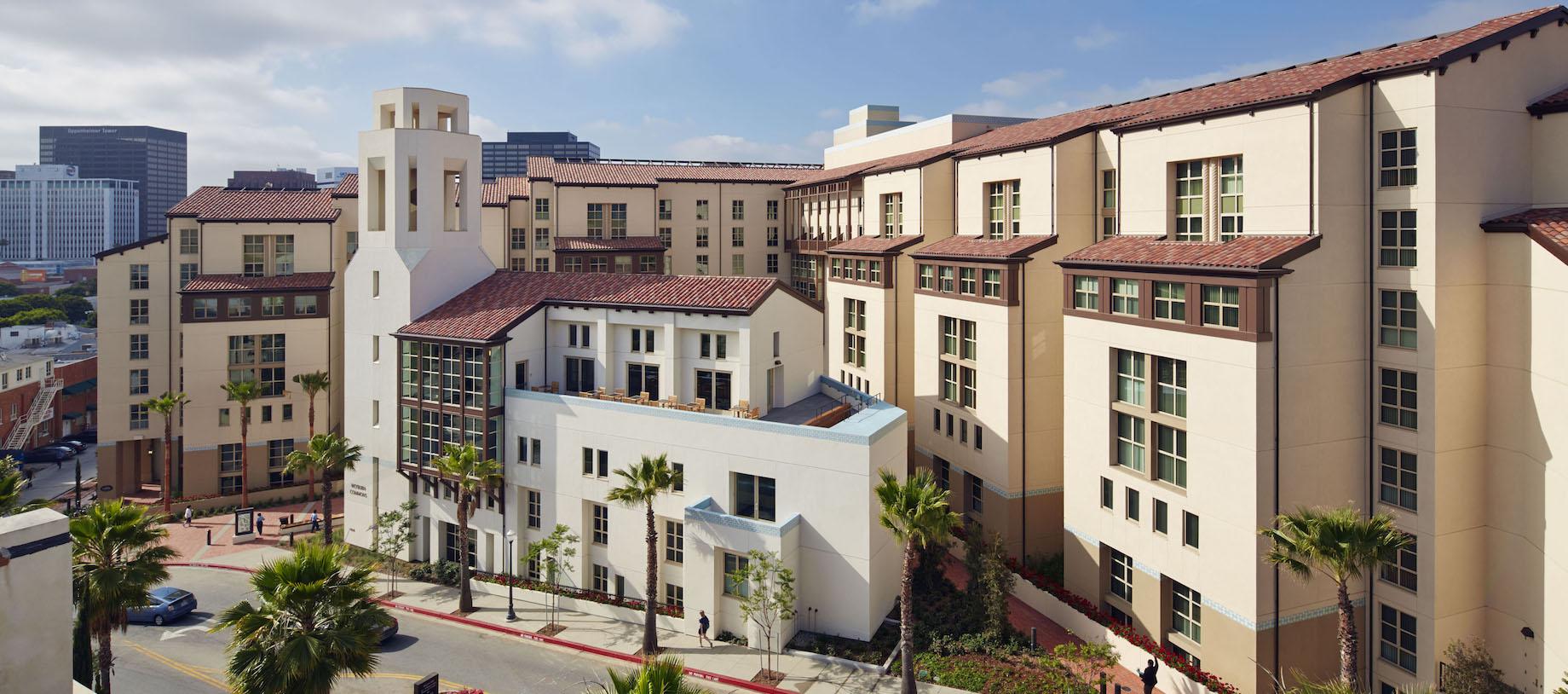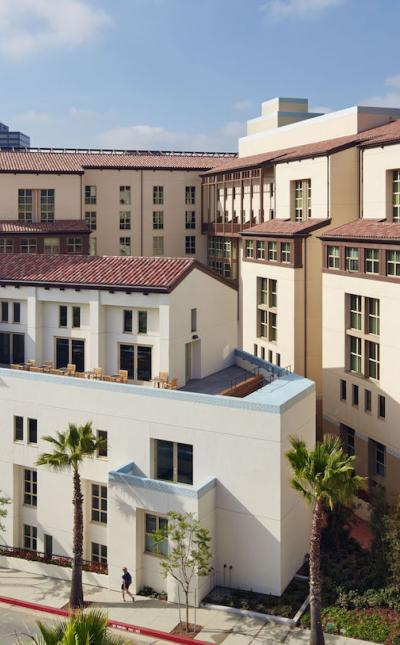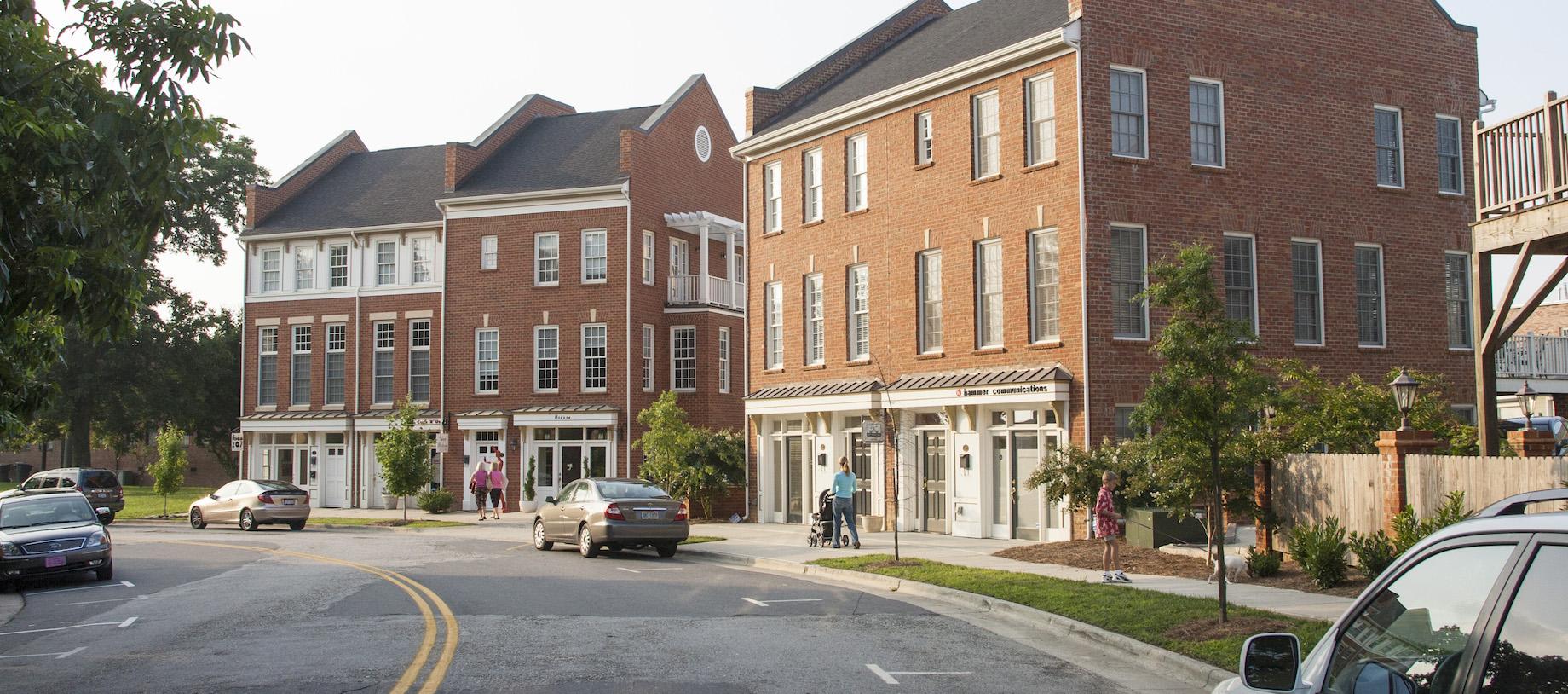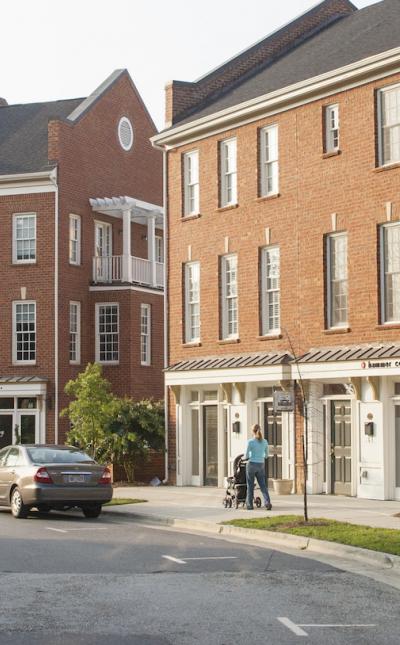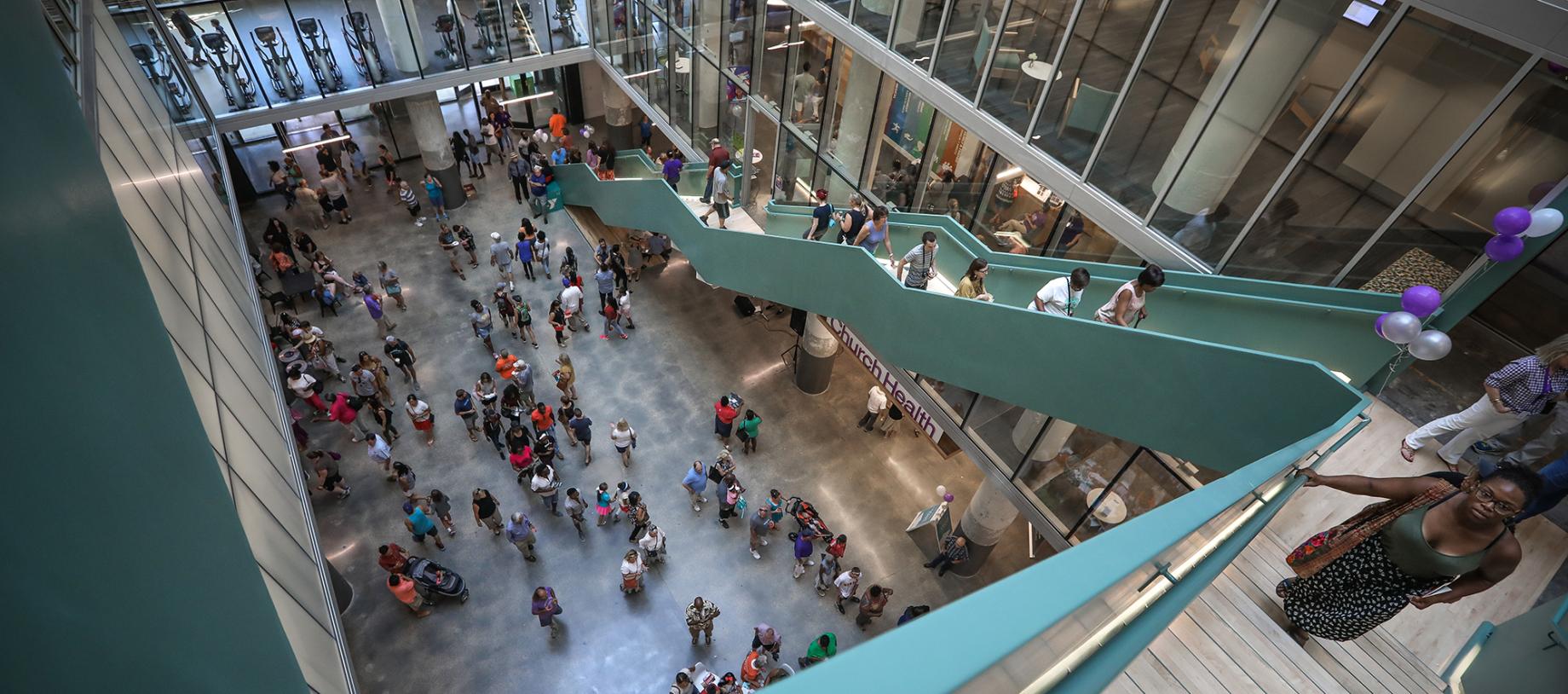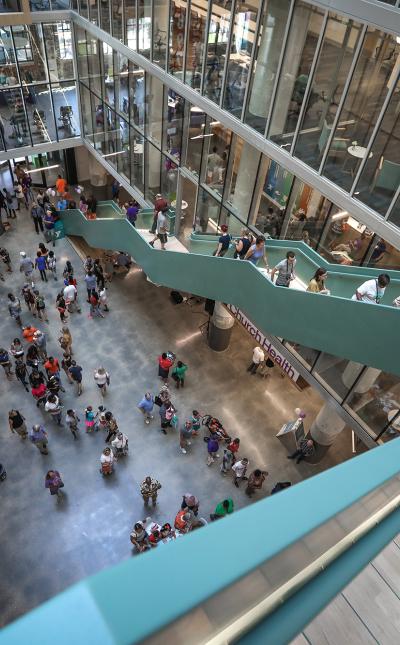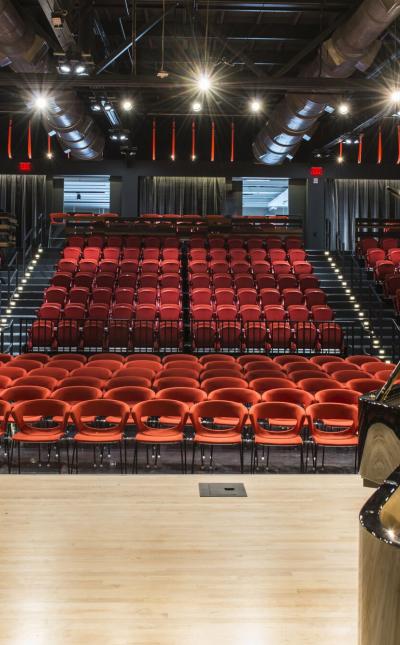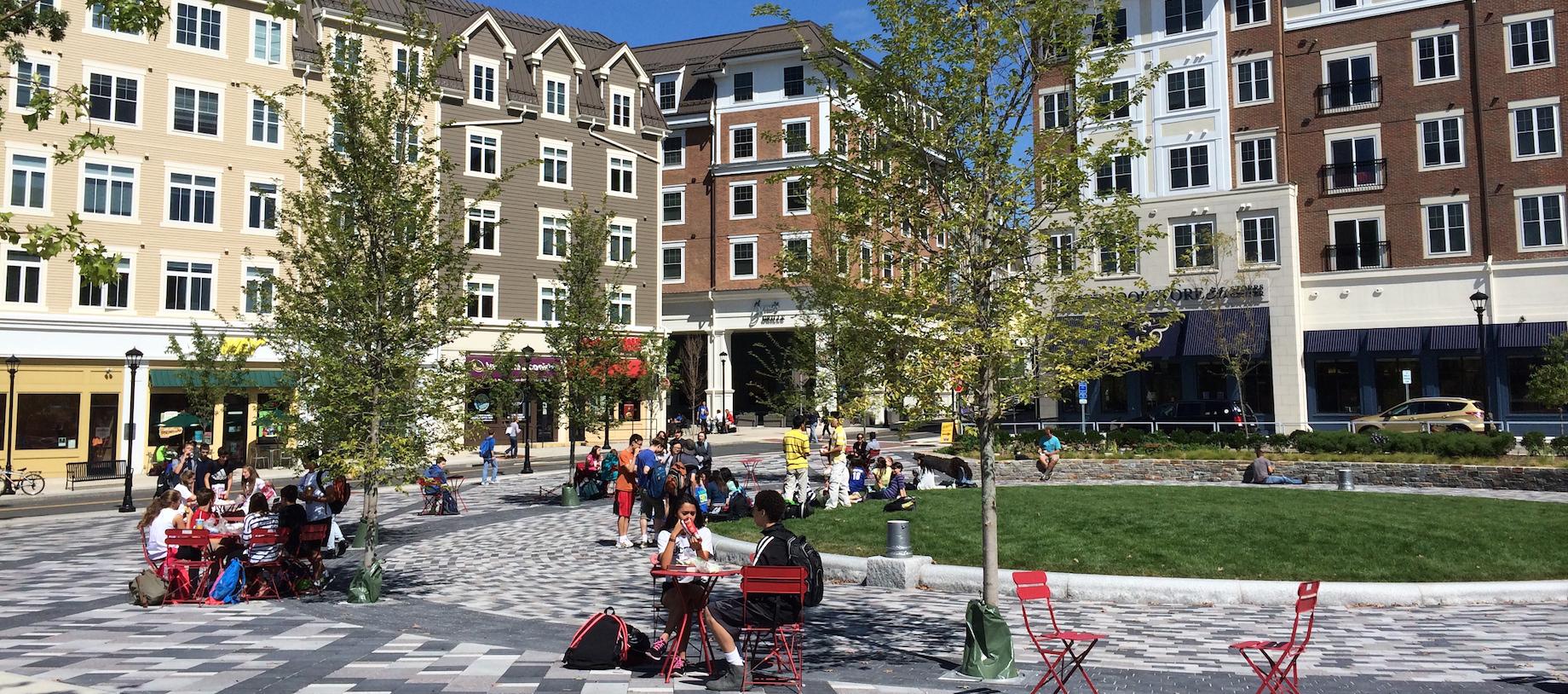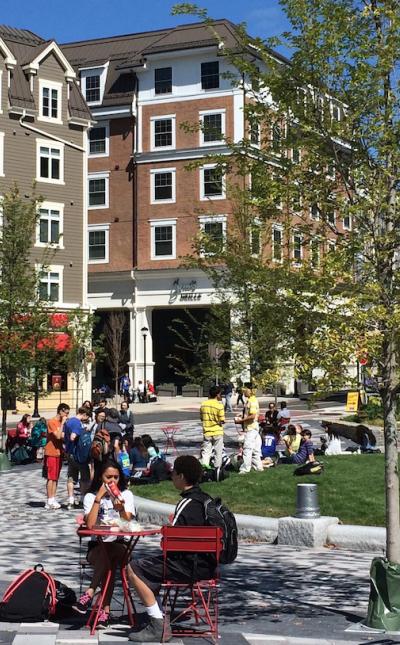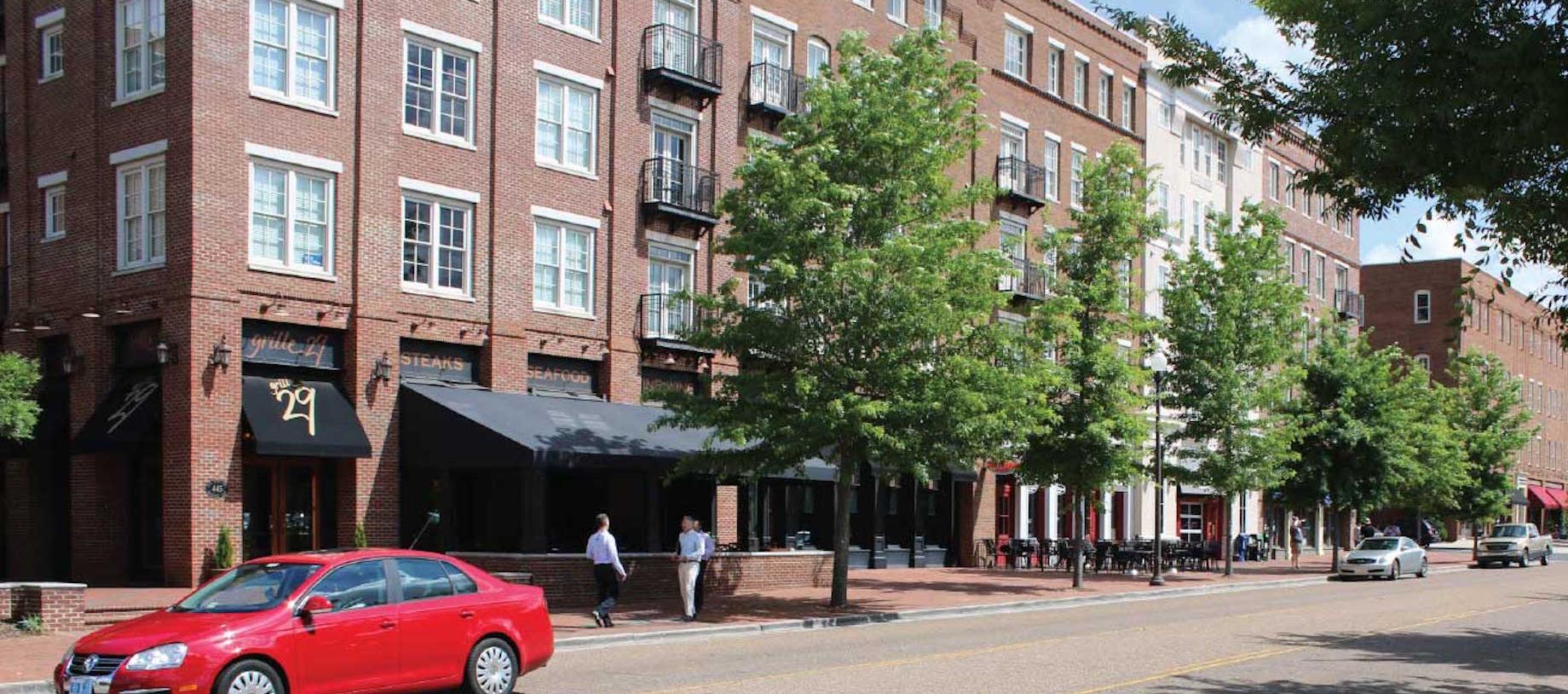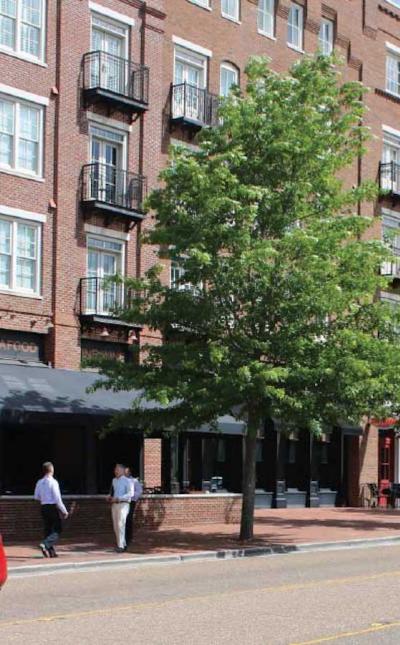Type:
RFP
Organization:
Emory University
Location:
The City of Decatur, the City of Atlanta, and DeKalb County
Project Description:
Emory University, Clifton Corridor Transit Management Association (CCTMA) and Bike Emory in partnership with the City of Decatur, the City of Atlanta, and DeKalb County, seeks to develop a master plan that identifies priority bicycle and pedestrian transportation projects connecting Emory & Clifton Corridor (including its employment, residential and various activity components) to other employment, residential, transportation, and activity centers in the cities of Decatur and Atlanta, DeKalb County, and the region.
RFP Deadline:
01/20/2016 5:00 PM EST
Project Budget:
Not specified
Point of contact:
Wade Sanner (wsanner@emory.edu)
Project Introduction:
Emory University, Clifton Corridor Transit Management Association (CCTMA) and Bike Emory in partnership with the City of Decatur, the City of Atlanta, and DeKalb County, seeks to develop a master plan that identifies priority bicycle and pedestrian transportation projects connecting Emory & Clifton Corridor (including its employment, residential and various activity components) to other employment, residential, transportation, and activity centers in the cities of Decatur and Atlanta, DeKalb County, and the region.
This planning process has two primary goals. First is to develop one set of priority bicycle and pedestrian connectivity projects for implementation (condition and engineering studies, then construction) that improve safety and connectivity between Emory/Clifton Corridor to current or planned regional transportation networks such as MARTA rail lines, regional trails (e.g., South Peachtree Creek PATH Trail, Atlanta Beltline, PATH 400, etc.), other existing or planned bicycle and pedestrian connections (e.g., Atlanta and Decatur cycle tracks, separated bike ways on Ponce De Leon Avenue, etc.) and local Livable Center Initiatives (LCIs). Additionally, the plan should develop the vision and plan for bicycling and walking at Emory by providing consensus and data driven policy, program and end-of-trip facility recommendations, priorities and an implementation strategy based on leading practices and feasibility. This plan should support Emory’s goals to attain Gold Level Bicycle Friendly University recognition (Silver by 2020 – Currently Bronze) from the League of American Bicyclists and double bicycle and pedestrian mode by 2025.
Background: Clifton Corridor – Major Activity Center Under served by Bicycle and Pedestrian Facilities
The Clifton Corridor (defined roughly as the area within two miles of the center of Emory’s Druid Hills Campus) is the largest employment center in DeKalb County (4 th largest in the region) and the largest in metro Atlanta without direct access to rail transit or an interstate highway. The Clifton Corridor is home to CCTMA members Ben Franklin Academy, the Centers for Disease Control and Prevention (CDC), Children’s Healthcare of Atlanta at Egleston, the City of Decatur, Emory Conference Center Hotel, Emory University, Emory University Hospital, The Emory Clinic, and the Wesley Woods Center.An over reliance on single occupancy vehicle (SOV) usage and the resulting traffic congestion in the Clifton Corridor is a significant threat to the economic stability of the employers in the Corridor.
Although bicycling and walking mode share is higher in the Clifton Corridor than most other parts of unincorporated DeKalb County, the infrastructure to support bicyclists and pedestrians is suboptimal and fragmented. Trail connections such as the South Peachtree Creek PATH Trail and the Beltline Connector PATH Trail terminate less than a half-mile from Emory’s campus. Bicycle lanes extend for very limited stretches of North Decatur and Clifton roads. Key connecting routes to the City of Decatur and the City of Atlanta have narrow and fragmented pedestrian facilities and lack on or off street facilities for cyclists. Meanwhile, the City of Atlanta and City of Decatur continue to implement high quality bicycle facilities (e.g., Beltline, Ponce de Leon Ave, etc.) with these facilities terminating one to two miles short of Emory’s campus. The opportunity and impact of addressing these gaps are significant to the region. For instance, addressing these relatively small gaps in regional bicycle and pedestrian networks such as these would connect three of the regions’ four nationally recognized Bicycle Friendly entities, Georgia Tech, Emory, and Decatur.
Complex Challenges in the Clifton Corridor
The gaps in bicycle and pedestrian connectivity highlight the complexity of the Clifton Corridor and the need for a plan. Completing key bicycle and pedestrian connections to Emory will require planning and alignment across multiple jurisdictions and private land owners, including, but not limited to the City of Atlanta, City of Decatur, DeKalb County, Emory University, and the CDC add additional planning considerations. All have expressed willingness to participate but a formalized process that convenes this conversation and aligns connectivity priorities and plans to the corridor is needed.
In addition, physical barriers such as limited rights-of-way, freight rail lines, creeks, and hilly terrain provide design and feasibility challenges that must be considered and overcome. Further, the logistical challenges of operating complex organizations such as Emory, Emory Hospital, and the CDC add additional planning considerations. Local neighborhood and civic leadership, while generally supportive of efforts to reduce SOV trips in the area, should be engaged to understand the impact of potential connectivity improvements that will impact their communities. These challenges will require a study that will consider creative solutions in this complex context.
Multiple Bicycle and Pedestrian Activities in the Area: Unified Strategy Needed
Over the past several years there have been numerous independent, focused efforts to review and improve bicycle and pedestrian conditions in the corridor. In addition, Emory and other corridor employees have made significant investments and commitments to sustainability, employee wellness, and alternative transportation programs, plans and policies that incentivize and/or call for safety improvements for bicycling and walking. A selection of transportation planning efforts include:
- Clifton Corridor Urban Design Guidelines (recommended improved pedestrian and bicycle facilities in the Clifton Corridor) : 2007
- Urban Land Institute – Mini Technical Assistance Panel for Emory to Decatur Bicycle Connectivity : 2011
- Federal Highway Administration Association Bicycle and Pedestrian Safety Review of North Decatur Road : 2013
- DeKalb Comprehensive Transportation Plan – (Suggests bicycle and pedestrian improvements to several connecting roads to the corridor): 2014
- Urban Land Institute – Mini Technical Assistance Panel for Emory Village Bicycle and Pedestrian Improvement Study: 2015
- Federal Highway Administration Association Bicycle and Pedestrian Safety Review of Ponce de Leon Ave/Scott Boulevard: Currently Underway
- Emory Sustainability Plan : Currently Underway
- CCTMA Bicycle/Pedestrian Intersection Safety Study : Currently Underway
- Launch of CDC Roybal Campus Master Plan : Currently Underway
- Studies and planning for a proposed MARTA light rail transit connection that will pass through the Corridor : Currently Underway
These efforts, while valuable, are independently focused efforts and do not address connectivity to regional networks or activity centers in a holistic fashion.Common themes across these efforts are that latent demand for bicycle and pedestrian facilities is high and investments in improvements to bicycle and pedestrian facilities are sensible, prudent, and feasible. Progress towards this unmet need is hampered by the lack of a cohesive plan that provides specific, consensus-driven guidance on priorities, alignments, approaches, and estimates of probable cost. A comprehensive plan would provide an opportunity to build on the work performed by these groups and create one cohesive set of bicycle and pedestrian priorities for the corridor.
In addition to these study and planning efforts, multiple independent efforts are underway to improve bicycle and pedestrian access to the corridor. These efforts include a vision for a connecting network of trails along the South Fork of Peachtree Creek, an active expansion of PATH Foundation’s local trail network, and improvements to the Olmstead Linear Park trail system. Each of these three separate trail systems seeks to capitalize on local demand for trails and the economic development potential of these facilities, but each is limited as they terminate within one mile from Emory University and do not connect to the core areas of the Clifton Corridor. A holistic plan would assist in tying these efforts to a larger bicycle and pedestrian strategy and implementation plan for the subarea.
Additionally, significant developments and planning activities in the Corridor will have a substantial impact on transportation there. Some of these activities include:
- Expansion of Emory Point (recent expansion of retail and medium density residential facilities included addition of 40,000 square feet of retail (120,000 total), 609 additional parking spaces (1,613 total), and 307 new housing units (750 total). Phase III is currently being planned
- Development of Emory Hospital’s 450,000 square feet “J-Wing” which will include new and modified roadways and access points to Emory and 210 new patient rooms
The impact of each of these and other major developments and planning activities should be incorporated into the plan.
Plan Objectives
Specific objectives of the Bicycle and Pedestrian Master Planning Study:
- Develop a data and consensus driven Bicycle and Pedestrian Master Connectivity and Campus Plan consisting of existing, planned, and future bicycle and pedestrian infrastructure projects including program and policy enhancements.
- Emphasize connections to regional trail and other bicycle and pedestrian networks, access between the Clifton Corridor and the City of Atlanta, City of Decatur, MARTA rail stations, and other activity/residential/employment centers.
- Recommend and prioritize bicycle and pedestrian improvement projects that will have the greatest impact on improving bicycle and pedestrian safety and increasing bicycle and pedestrian trips while balancing feasibility.
- Recommend how this plan will bring together/coordinate with existing & future plans and priorities for the study area (e.g., Connect Atlanta Plan, Emory planning efforts, Decatur Bicycle and Pedestrian Plan, etc.) and future development. Plan should be flexible to adapt to changes.
- Recommend and prioritize enhancements to Emory programs, policies, and end-of-trip facilities to improve safety, encouragement, education, enforcement and evaluation.
- Identify local and regional sustainability, health, quality-of-life, and economic benefits of bicycle and pedestrian investments to Emory and its students, faculty, and staff and other corridor employers.
- Identify and evaluate existing and potential bicycle and pedestrian circulation routes on and connecting to the Emory campus.
- Develop short and longer term funding and implementation strategy that identifies potential funding sources for programs and project engineering, implementation and management.
Overall goal: Plan and priorities adopted by Emory and local jurisdictions.Plan incorporated into existing or future transportation plans & studies (e.g., Connect Atlanta plan, etc.). Plan should support Emory goal of achieving Gold Level Bicycle Friendly University status by 2025.

